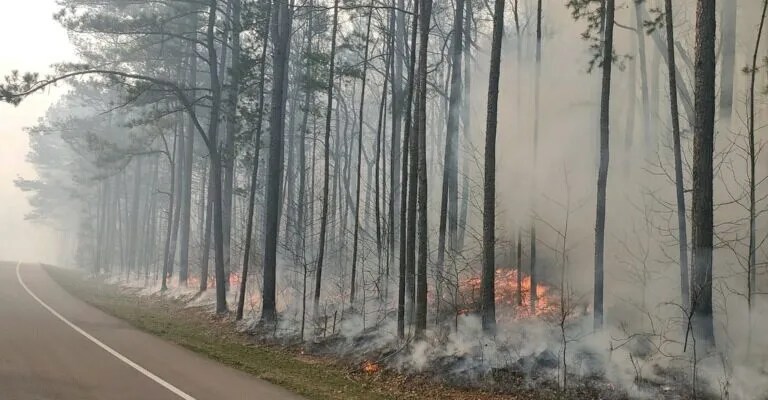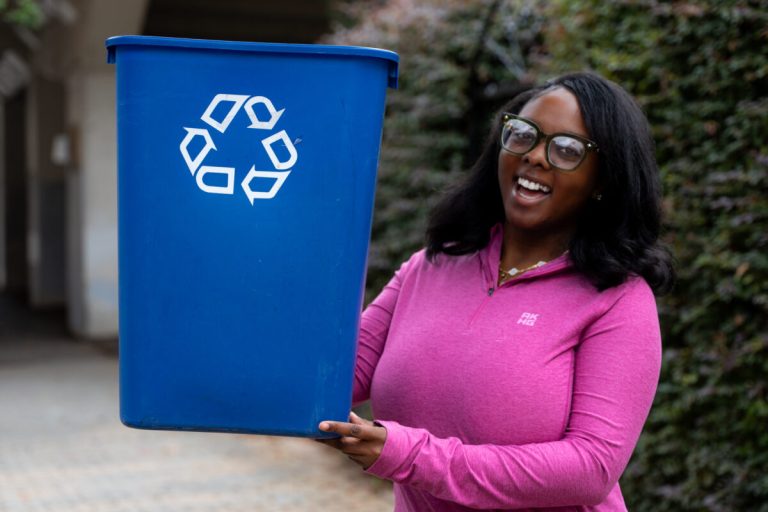Reviewed by: Pat Byington
7,000 acres around Lake Purdy and rivers protected for safe drinking water
Reading time: 3 minutes

Today, the Cahaba River Society, Cahaba Riverkeeper, the Alabama Attorney General’s Office and the Birmingham Water Works Board jointly announced an agreement protecting 7,000 acres of land around Lake Purdy, the Little Cahaba River and the Cahaba River—major sources of drinking water for metro Birmingham.
Read on to learn more about the agreement + why it matters.
The source of Birmingham’s drinking water

When you turn on a faucet at home or take a sip of water from a public water fountain, its easy to take for granted the fact that the water you’re drinking is clean. However, by the time it reaches your lips, each drop of water has undergone numerous purification steps and has been tested and monitored to ensure its safe to drink.
As the largest drinking water provider in Alabama, Birmingham Water Works produces more than 100 million gallons of water each day to be used by upwards of 600,000 people in metro Birmingham. Lake Purdy—a 990-acre reservoir on the Little Cahaba River—is a major source of that drinking water.

After a decades-long legal struggle that began in 2001, the groups finalized a settlement that will require the Birmingham Water Works to protect the land around Lake Purdy, the Little Cahaba and the Cahaba River from development.
The protected land is a natural buffer, filtering stormwater runoff and other contaminants from the drinking water used by hundreds of thousands of people in Birmingham. In addition, the natural buffer helps reduce the cost of treating water before consumption.
“We now have a strong tool that engages the community with the Water Board in long-term protection of the land and drinking water source. We appreciate that the Birmingham Water Works Board and the Attorney General worked with us to find a solution that benefits all.”
Beth Stewart, Executive Director, Cahaba River Society in a press release from the Southern Environmental Law Center
Protected for at least 75 years



According to the Birmingham Water Works Board, the protective measures of the agreement apply not only to the current custodians of the land—the Birmingham Water Works Board—but to any potential future owners, regardless of any land transfers or sales. The agreement will require restrictive covenants that will “run with the land” for at least 75 years, or as long as the Birmingham Water Works Board uses Lake Purdy and the Cahaba River as a water source.
“This agreement underscores this utility’s commitment to provide safe and affordable drinking water to our service area. Our responsibility extends beyond the present moment, and this collaboration ensures that our precious water resources remain protected for generations to come.”
Michael Johnson, General Manager, Birmingham Water Works
The Cahaba Riverkeeper and Cahaba River Society will have a legal right to enforce all protections on the land and perform regular inspections.
Excited to see clean drinking water in Birmingham protected for years to come? Tag us @bhamnow on Instagram to let us know your thoughts!



